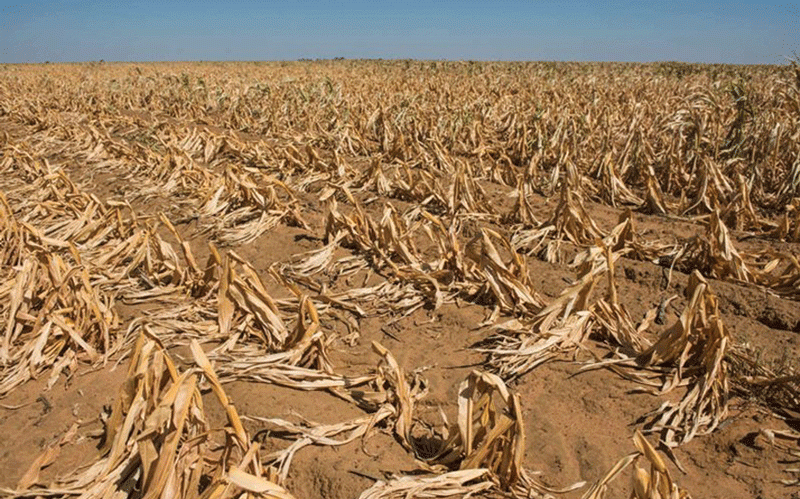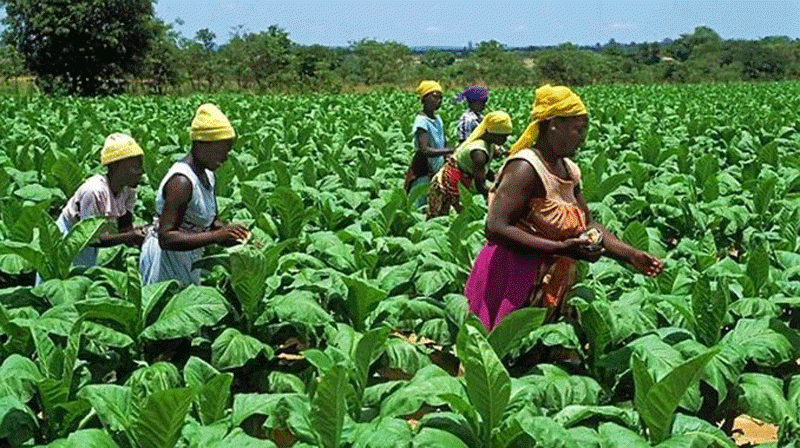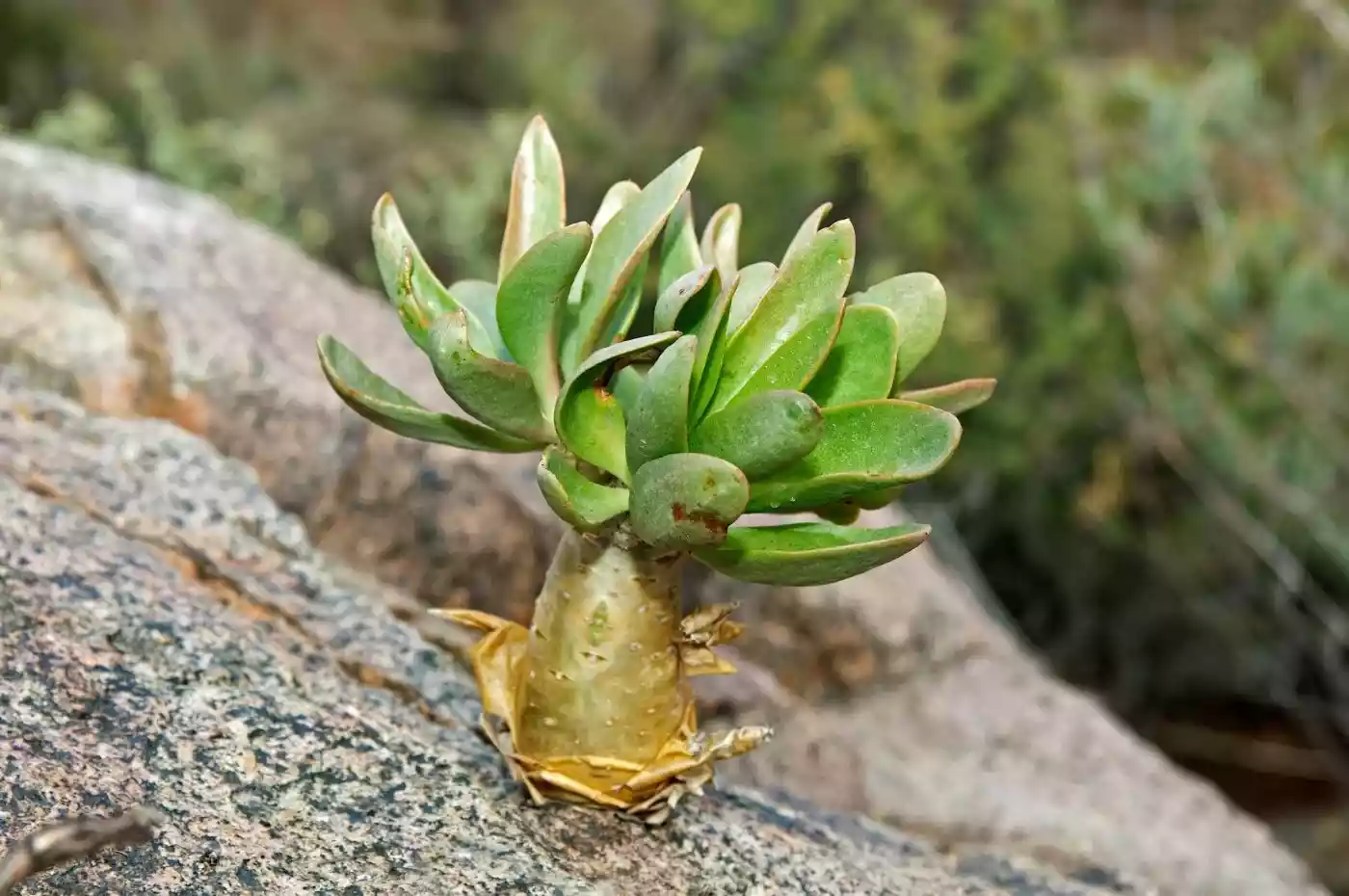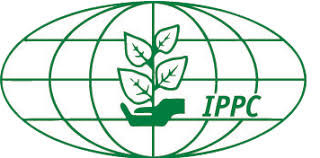
DESPITE the devastating drought that has gripped Zimbabwe, a group of peasant farmers in the country’s parched Manicaland and Masvingo regions have found reason to celebrate.
Through Takunda, a project funded by the United States Agency for International Development (USAid), small-scale farmers in Buhera, Mutare, Zaka and Chivi districts have learnt innovative moisture retention techniques that have significantly reduced the impact of the drought on their crops.
The project is being implemented by CARE Zimbabwe together with partners.
Scores of peasant farmers who adopted the improved farming methods told NewsDay that they boosted their yields and household food supplies.
“There are three main aspects in reducing the impacts of drought. Communities are identifying the impacts of drought as a very big challenge,” Takunda project director and CARE assistant director programmes Walter Mwasaa said.
“So we introduced the soil-water-conservation activities in line with government’s Pfumvudza projects so farmers are able to increase the retention of soil moisture.
“Even with the El Niño we saw farmers continue to produce significantly and some have even managed to produce more than in recent years.”
Under the project, farmers were trained how to undertake income-generating projects.
- The gods must be crazy
- Mnangagwa mourns Major-General Nyathi
- Five awarded hero status
- Draw derails DeMbare
Keep Reading
“We also have what we call the irrigation gardens and village business units, a project which the government is also rolling out, which provides irrigation where farmers grow crops for own consumption and for sale,” Mwasaa said.
“The income they get from that has been very instrumental in helping communities to reduce the impact of drought. The other aspect is that of diversification of income where we encourage households to rely on other sources of income.
“So youth and women get skills and they get support to invest in other aspects of production like making floor polish and detergents.”
Tambudzai Chivhima (51) of Chits village in Mutare district now earns US$300 monthly after adopting Takunda techniques.
“We used to donate surplus yields to visiting relatives and friends,” Chivhima said.
“We did not get money. But after the Takunda project, we now sell surplus and we get money that can cater for household needs, that is what we call agribusiness.”










